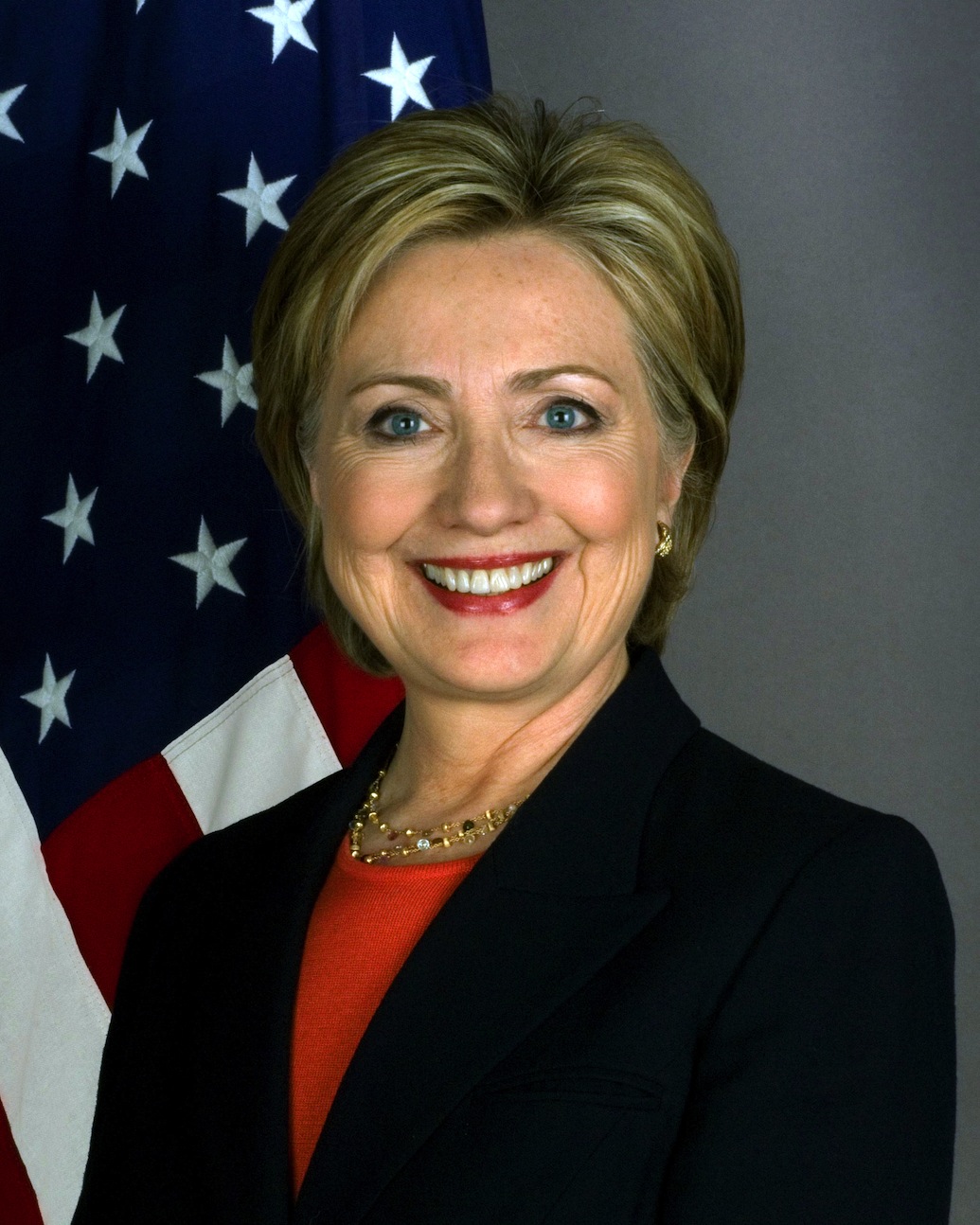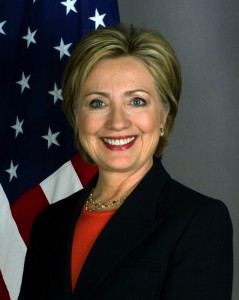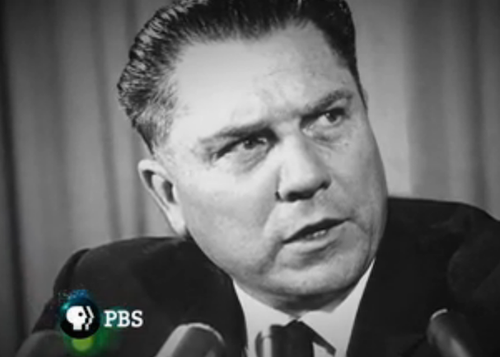In 2009, when soon-to-be Secretary of State Hillary Clinton first broached the idea of running her work email through a private server at her home in Chappaqua, N.Y., the concept should have been dismissed as laughable.
But it wasn’t, and for reasons more likely having to do with control than convenience, Clinton went ahead with the plan. Now that top secret information, intelligence agency inspectors general, the FBI and federal judges are involved, the matter is far from amusing.
Clinton, though, seems to think she can dismiss the controversy by making light of it. Earlier this month in Iowa, the presidential candidate joked to a crowd of Democratic Party faithful about sending future communications over the app Snapchat, which famously makes text and photos disappear soon after they are viewed. At a testy press availability on Tuesday, Clinton went for the laugh line again after being asked whether her email server had been wiped clean. “Like with a cloth?” she replied, adding that nobody talks to her about the email controversy except reporters.
Maybe she doesn’t get asked about it at tightly controlled town meetings, but the episode raises serious questions about the Democratic front-runner’s decision-making and commitment to openness in government. One of the many reasons that it was a bad idea to mix personal and business messages is well known to anyone with an email account: As hard as you might try, you can’t control what comes into your inbox. And if you’re the secretary of State, that’s inevitably going to include some sensitive information.
Last week, a Justice Department national security investigation kicked into higher gear after intelligence agency officials determined that top secret information had indeed passed through the private email account. The FBI has taken control of the server and thumb drives storing backup data. The number of potentially classified emails involved jumped from a handful to more than 300, according to a State Department count filed in federal court. A federal judge overseeing a Freedom of Information Act lawsuit said, “We wouldn’t be here today if this employee” — Clinton — “had followed government policy.”
Clinton’s stance has evolved from saying that no classified material passed through her private account (March), to saying she didn’t send or receive anything that was classified at the time (last month), to saying she didn’t send any material that was explicitly marked or designated classified (last week).
The laws about handling classified material are complex, and way too much information is classified in the first place. It’s entirely possible that Clinton didn’t do anything illegal. Even so, presidential candidates should be held to a higher standard.






